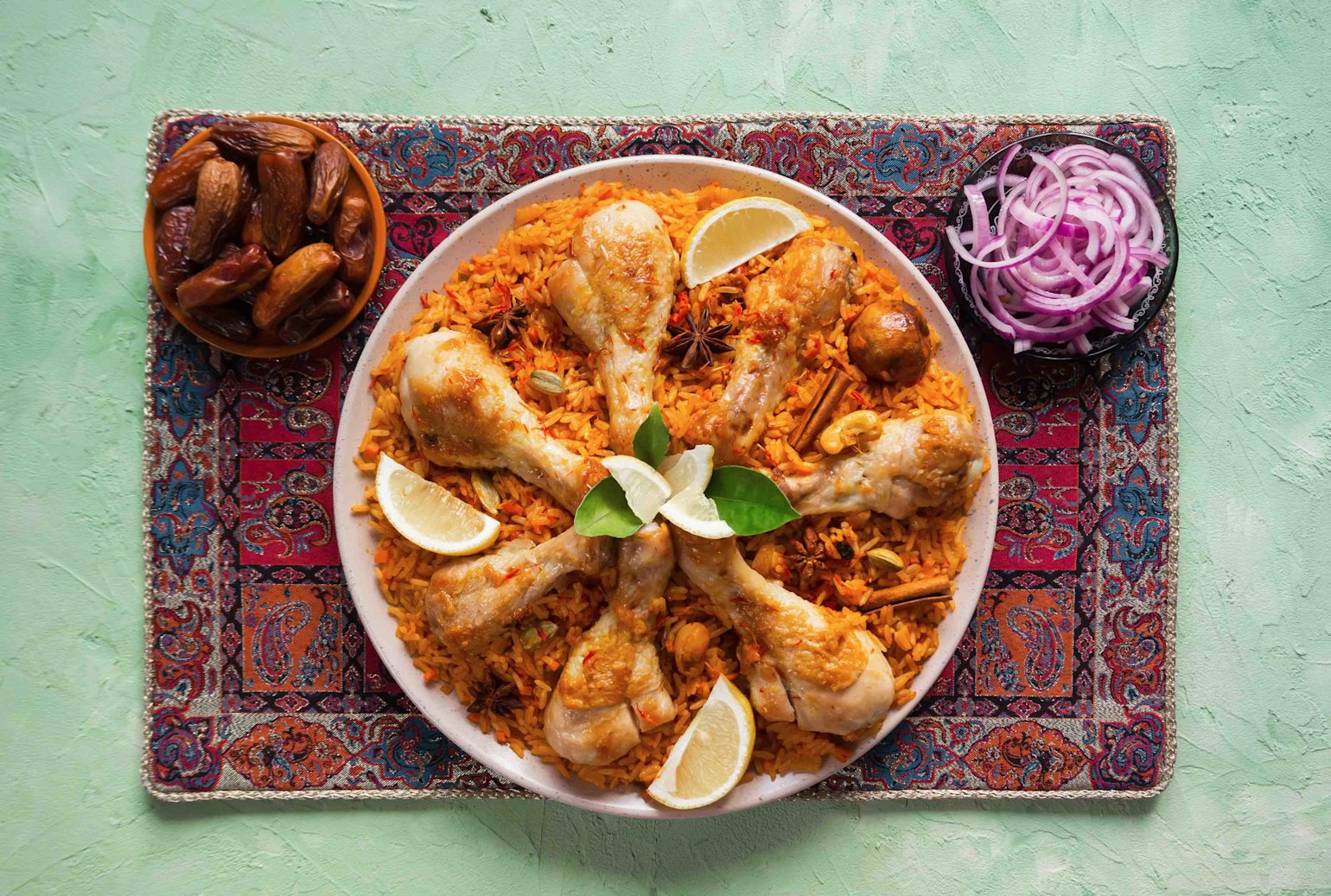Coronavirus (COVID-19) Updates
For the latest COVID-19 information and updates from Qatar Foundation, please visit our Statements page

Um Jaber says that while some Qatari social traditions have been affected by the pandemic, they will never disappear.
Image source: Dotshock, via ShutterstockA grandmother and her granddaughter, a QF student, speak about how COVID-19 has changed Qatari social traditions during the Holy Month
For many years, during Ramadan, grandmother Um Jaber has made traditional foods such as thareed, harees, and jareesh, to be distributed to the people of Al Fareej in Doha, before joining her extended family for iftar – where, with a satisfied heart, she gave thanks for this gathering.
Ramadan last year, did not bring the ghabga, the family suhoor, and the Qatari social traditions, but rather feelings of loneliness
However, over the past year, everything began to change as the COVID-19 pandemic struck, and Um Jaber began to prepare small meals for family members who live with her in the same house, while hearing repeated warnings to her grandchildren: “Do not get close to grandmother, do not hug or kiss her, to keep her safe”.
“Ramadan last year, did not bring the ghabga, the family suhoor, and the Qatari social traditions, but rather feelings of loneliness. I used to stay in my room, praying, reading the Qu’ran, and having video calls with my loved ones as the only way to contact them,” the grandmother says.

Shaikha Alkubaisi
Since the spread of the pandemic, many health warnings specifically focused on protecting the elderly have been issued, given that they are among the most vulnerable groups to infection.
Shaikha Alkubaisi, Um Jaber’s granddaughter, and a student at Northwestern University in Qatar, a QF partner university, explains that since the virus arose, fear has been part of everyone’s lives. “Because we live in the same neighborhood with my grandmother, we had to be careful and avoid visits,” she says. “She knew that we wanted to protect her from any infection, and that the impact of the virus would lessen as soon a vaccine against it was found.”
I used to visit Souq Waqif regularly, and in Ramadan we used to buy what we needed from the old market, which reflects our heritage and memories, and this Ramadan I miss these places very much
Almost a year later, and before the beginning of the current month of Ramadan, Um Jaber received the COVID-19 vaccine, together with most of her family members. "This vaccine gave us hope that we would bring back the life we used to live previously,” she says.
“The virus changed our lives and made them more challenging. It separated family members and deprived us of family gathering during Ramadan, which is very sad."

A traditional Qatari dish of the kind that grandmother Um Jaber has always made during Ramadan. Image source: Stanislav71, via Shutterstock
While the vaccination has enabled less complications in family interaction, caution is still required – including preventive measures such as wearing a mask and physical distancing – and it is this caution that prevents Um Jaber from visiting the places she loves in Qatar.
"I used to visit Souq Waqif regularly, and in Ramadan we used to buy what we needed from the old market, which reflects our heritage and memories,” she says. “I also used to visit Katara, and this Ramadan I miss these places very much”.
We had to be careful and avoid visits to my grandmother, she knew that we wanted to protect her from any infection, and that the impact of the virus would lessen as soon a vaccine against it was found
As well as the places, Um Jaber also misses the people. “My grandmother is very popular in the neighborhood. She used to meet neighbors and relatives every day, and everyone liked to sit with her and listen to her chat,” Shaikha says.
However, Um Jaber says that while some Qatari social traditions have been affected by the pandemic, they will never disappear, because of their importance to people’s lives. And she feels proud that despite the challenges that we continue to live through, Qatar’s community – young and old - are looking forward optimistically and positively to the time when life can fully return to normal.

Um Jaber says that Ramadan that we have always known will return – perhaps even more spiritual, more generous, and more loving than before. Image source: dieddin , via Shutterstock
"I believe that the younger generation will stick, just as we did, to our heritage and preserve the social traditions that make up our identity,” she says. “My grandchildren are studying at the best international universities, including the partner universities of QF, which provide them with the highest levels of education while adhering to our national heritage and integrating it in the curricula, strengthening the current generation's attachment to their heritage.
"These days are hard, but they will pass, and we will get back everything we have lost for a time. Our homes will once again be filled with loved ones and guests, our Qatari food will decorate our tables, we will embrace our children and we will tell them again stories about the beautiful time of Qatar.
“Feelings of fear will disappear, and the Ramadan that we have always known will return – perhaps even more spiritual, more generous, and more loving than before.”

